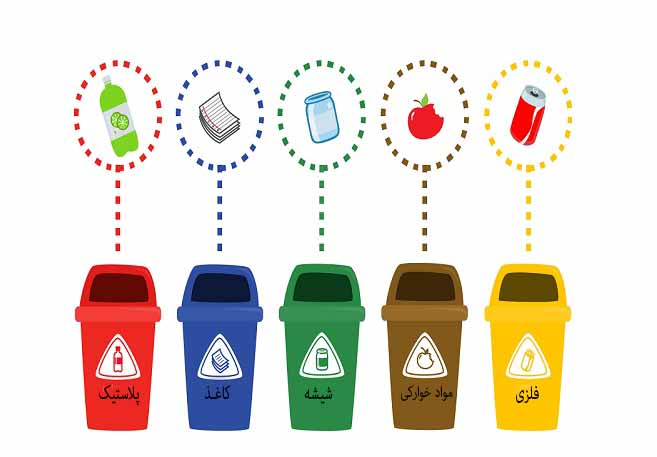
For centuries, we have used the earth to meet our needs. Simply put, we have exploited it beyond its capacity, and on the other hand, overuse of the planet has led to an increase in global warming, known as global warming.
Recycling has become an hourly requirement as the world is under pressure from a wide range of complex environmental issues and is in dire straits. Extreme deforestation has endangered various species of animals and plants. With complete recklessness, we cut down dense forests for paper production, timber, and regional development.
Recycling literally means reusing items that have been used once. This implies reprocessing of materials used to prevent the generation of production waste from domestic and industrial accumulation. Recycling helps reduce greenhouse gas emissions and landfills.
Landfilling is one of the oldest ways of disposing of waste. This process involves waste during landfilling. Although this is an organized method of waste disposal, it has severe negative effects on people who are close to such areas as well as the surrounding environment.
What is the importance of recycling?
Landfill reduction or so-called landfill
Landfill is the biggest problem we face today. As we produce more and more waste, we also need a place to dispose of it. Therefore, this waste can be disposed of during landfilling or accumulation in one place. The place where this garbage is stored is called landfill.
The biggest advantage of recycling is the reuse of recyclable materials to reduce the amount of material that is disposed of in this landfill. These are the main generators of greenhouse gases that pollute the environment. Recycling of paper, plastics, glass and other such materials is easily possible and helps to maintain the cleanliness of the environment to some extent.
Impact of recycling on pollution control:
The real importance of recycling is felt when the landfill site used is small. As less waste accumulates, it also reduces greenhouse gas emissions. In addition, waste piles act as a strong magnet for attracting and breeding insects. The less waste we produce, the better our chances of living in a healthier environment. Product recycling also reduces the carbon footprint of the product.
Save money:
Recycling also saves a lot of money. For example, recycled goods cost much less than new and first-hand goods. Compost generated at home by recycling waste on a daily basis will save a lot of money on your monthly budget for composting. Saving money by buying recycled items is also effective in protecting the environment.
What can be recycled?
Materials made of plastic have the ability to be recycled several times and of course these days with the advancement of science we have been able to learn and use the correct method of recycling. As I saw in the distant past that plastic was burned and this burning has caused Toxic and harmful gases were emitted from them, which was very harmful and vulnerable to human health and the environment.
Items such as textiles, paper, plastics, wood, ferrous and non-ferrous materials, paints and batteries that we use in our daily lives are recyclable. Recycling not only has a positive impact on the environment, but also restores lost resources. Increasing wealth, population and technology, and lifestyle changes have all led to poor waste management. Harmful gases and chemicals are released into the atmosphere from landfills.
Recycling ensures the restoration of forest lands and habitats. This is the planet that has given us life. If we realize the unparalleled power of recycling
Picnic, today, while taking into account all the hygienic issues, aims to produce dishes that are not only recyclable but also do not pose the slightest risk to human health and the environment.
